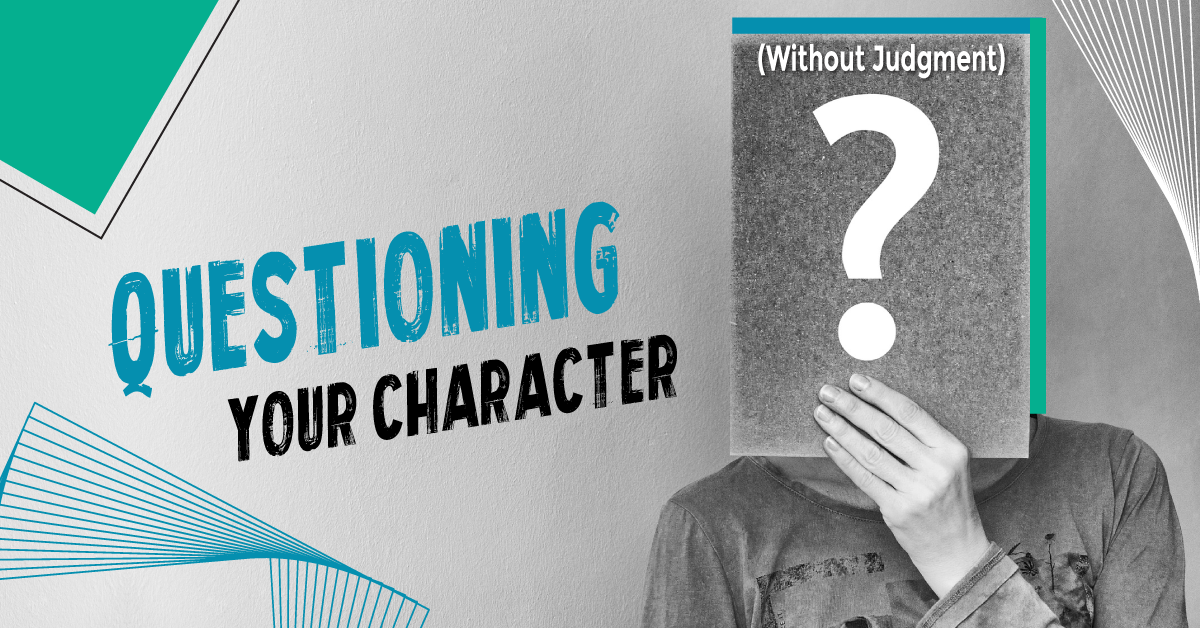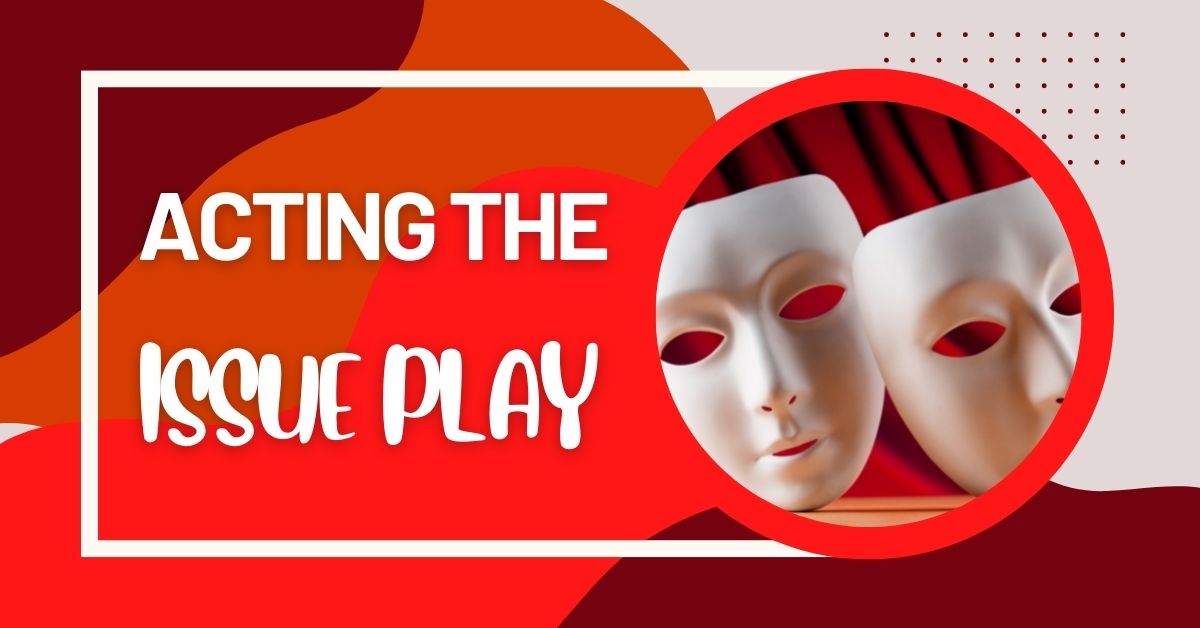A squirt gun would never be mistaken for a real gun, right? Dive into the thought-provoking world of Water. Gun. Argument and challenge what we choose to believe. A thought provoking and powerful piece in a docu-theatre style.
Questioning Your Character (Without Judgment)
Students will frequently be cast into roles that are vastly different from their real-life personalities. This is a good thing – it’s a great opportunity for students to grow their skills as performers. It pushes and challenges students to move outside of their comfort zones and to view and experience characters who are very different than them. The biggest challenge is for students to view their characters with empathy – to understand and share the feelings of another person.
This certainly isn’t always an easy task though, especially if the character is “evil” or “villainous,” or makes choices that the student does not agree with. Some characters may do or say things that make the student uncomfortable, and sometimes that can make it hard for students to truly embody the role. Nowadays, especially, when students are more liberal-minded and accepting of (even celebrating) differences than ever before, they might find it jarring or even upsetting to be cast in a role where the character is cruel, misogynistic, phobic (transphobic, homophobic, Islamophobic, etc.), racist, violent, or murderous. Even if a character isn’t as extreme as that, they still might make choices that the student deems wrong or inappropriate, such as cheating, stealing, lying, or bullying.
This is where teachers and directors can help their students step back and take a slightly different approach to the character. Students should consider the difference between thinking critically about their character and judging their character. When a student judges a character like this, they might immediately decide that the character is bad, wrong, immoral, or evil – and that’s that. Thinking critically involves asking questions, listening to new ideas, analyzing the text, and taking steps to understand the character. While the student may not agree with their character’s beliefs or choices, asking questions and figuring out the WHY that drives their character can help them to at least understand their character better. And that will help them to eventually embody the character with confidence and maturity.
Here are some questions for your students to consider, to help them view their character through a more empathetic lens:
- What situations occurred in your character’s life that led them to do what they do?
- What was your character’s home life like growing up? Was it a positive or negative environment? What was their upbringing like?
- What time frame or era is your show set in? Do your character’s actions and beliefs reflect the common beliefs of that time?
- What part of the world is your show set in? Do your character’s actions and beliefs reflect the worldview of their location?
- How might your character react if a situation within the play occurred differently?
- For example, think about the Wicked Witch in The Wizard of Oz. What would have happened if she had been able to get the ruby slippers before Dorothy did? Would she still have come after Dorothy or would she have left Dorothy alone?
- Reframe the story through the lens of your character, so that they are the focal point of the story. What is their main issue or concern? Why is it so important to them?
- What is driving your character to make the choices they make or do the things they do?
- Internal – your character does what they do purely for themselves.
- External – someone or something else is influencing your character.
- What is the consequence for your character if they do not achieve their goal?
Having students answer these questions can help them to view their character through a less judgmental and more empathetic lens. The answers might not be immediately obvious in the text of the script and may require a bit more research (particularly those questions about the time period and geographical location) but are definitely worth learning more about. Encourage students to get together with their friends and classmates to discuss their characters as well. Getting a variety of viewpoints can be useful for critical thinking – with the added bonus of students getting to know their classmates better at the same time.

